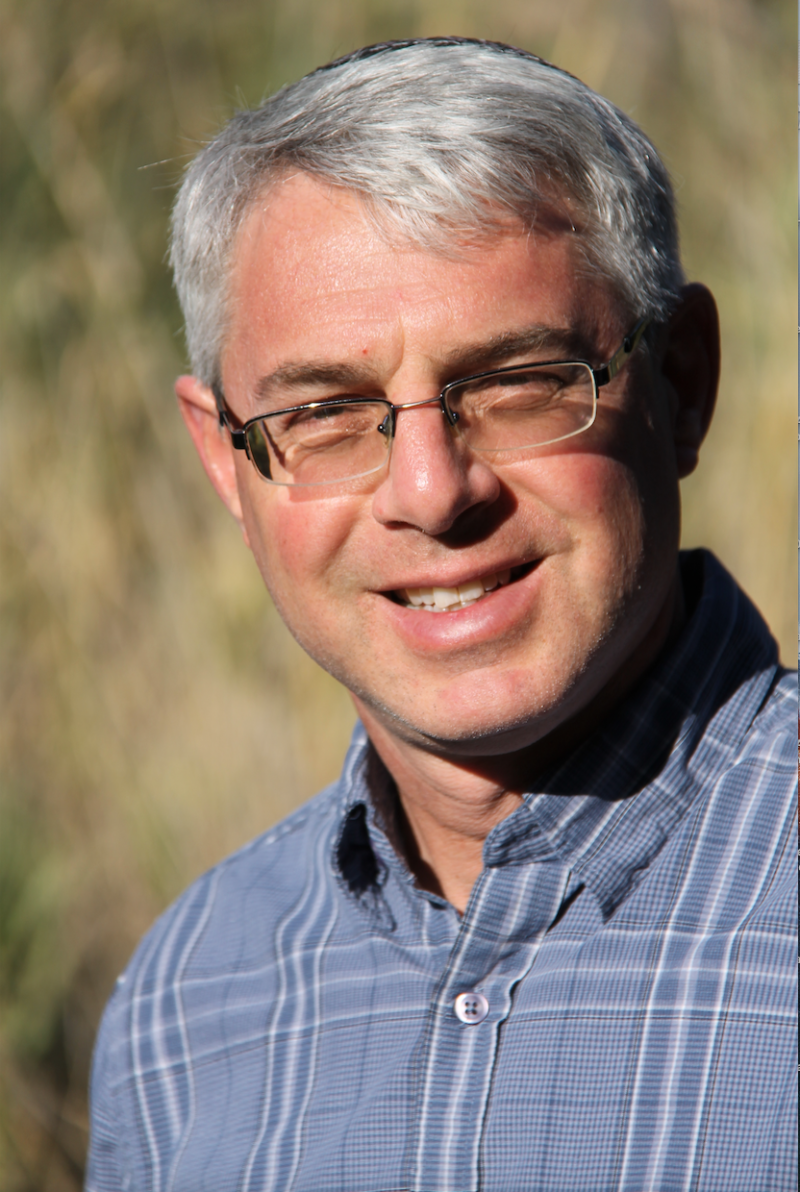-
Friday, August 9, 2024 / 5 Av 5784

This Shabbat is the Shabbat just prior to Tisha B’Av. It is called Shabbat Chazon, the “Shabbat of Vision”. In the Torah we read Parashat Devarim, and the haftarah begins with the words חֲזוֹן יְשַׁעְיָהוּ, chazon Yishayahu, “the vision of Isaiah.” Maybe we need to dust off of this word חֲזוֹן, chazon – “vision”. We…
-
Friday, August 2, 2024 / 27 Tamuz 5784

We’ve all had the experience of having said or done something that reveals who we truly are. Sometimes those moments are heroic or profoundly kind, generous, or brave. Often, we find ourselves forced to admit we are not yet the person we aspire towards or think ourselves to be. The Torah in these week’s parasha,…
-
Friday, June 28, 2024 / 22 Sivan 5784

Which seems more intriguing to you, more poetic and inviting: the idea of “Numbers” or “In the Wilderness”? Which is more likely to be in your weekend plans – playing Sudoku or going for a hike, watching a sunset, enjoying your garden’s beauty? For those of us who struggled with math in school, it might…
-
Friday, June 7, 2024 / 1 Sivan 5784

Which seems more intriguing to you, more poetic and inviting: the idea of “Numbers” or “In the Wilderness”? Which is more likely to be in your weekend plans – playing Sudoku or going for a hike, watching a sunset, enjoying your garden’s beauty? For those of us who struggled with math in school, it might…
-
Friday, May 31, 2024 / 23 Iyar 5784

This week’s Torah portion, Bechukotai, is known for its stark, black-and-white warning, called the tochecha: Either follow God’s laws and observe the commandments – maintaining the covenant – and receive blessings; Or, disobey God and not observe the commandments – spurning the covenant – and receive the worst misfortune and suffering imaginable. The choice is…
-
Friday, May 17, 2024 / 9 Iyar 5784

This week’s Torah portion, Emor, reviews the details of all the major Jewish holidays: Pesach, Shavuot, Sukkot, Rosh HaShana, and Yom Kippur. While each has its importance and relevance for our lives, and each adds meaning and depth to our existence in its own way, on only one of these holidays are we specifically commanded…
-
Friday, May 10, 2024 / 2 Iyar 5784

Rabban Shimon ben Gamaliel used to say: on three things does the world stand: On justice, on truth and on peace, as it is said: “execute the judgment of truth and peace in your gates.” (Zechariah 8:16) Explanation by Dr. Joshua Kulp: Rabban Shimon ben Gamaliel in this mishnah is not the same Rabban Shimon…
-
Friday, April 19, 2024 / 11 Nisan 5784

A few thoughts as we get ready for Passover starting Monday night: There is a tradition of trying to cleanse all the ‘chametz’ out of our lives, to do a ‘spring cleaning’ of our souls as well as of our houses. Nevertheless, if you are like me, the perfection of your soul might still be…
-
Friday, April 5, 2024 / 26 Adar II 5784

Let’s face it: Most of us want easy answers to our tough questions about life, quick fixes to our problems, aphorisms rather than treatises. This week’s Torah portion, Shemini, is for us! It tells us “what it’s all about” in a single word; uses three words to say how to achieve that; and one verse…
-
Friday, March 29, 2024 / 19 Adar II 5784

This week’s Torah portion, Tzav, includes a description of the zevach todah, the “thanks offering” that was part of the ancient sacrifice rituals. You might wonder: What were the circumstances for which one needed to bring a todah, a “thanks offering”? The Torah does not list any specific circumstances for the “thanks offering”…though the rabbis…
